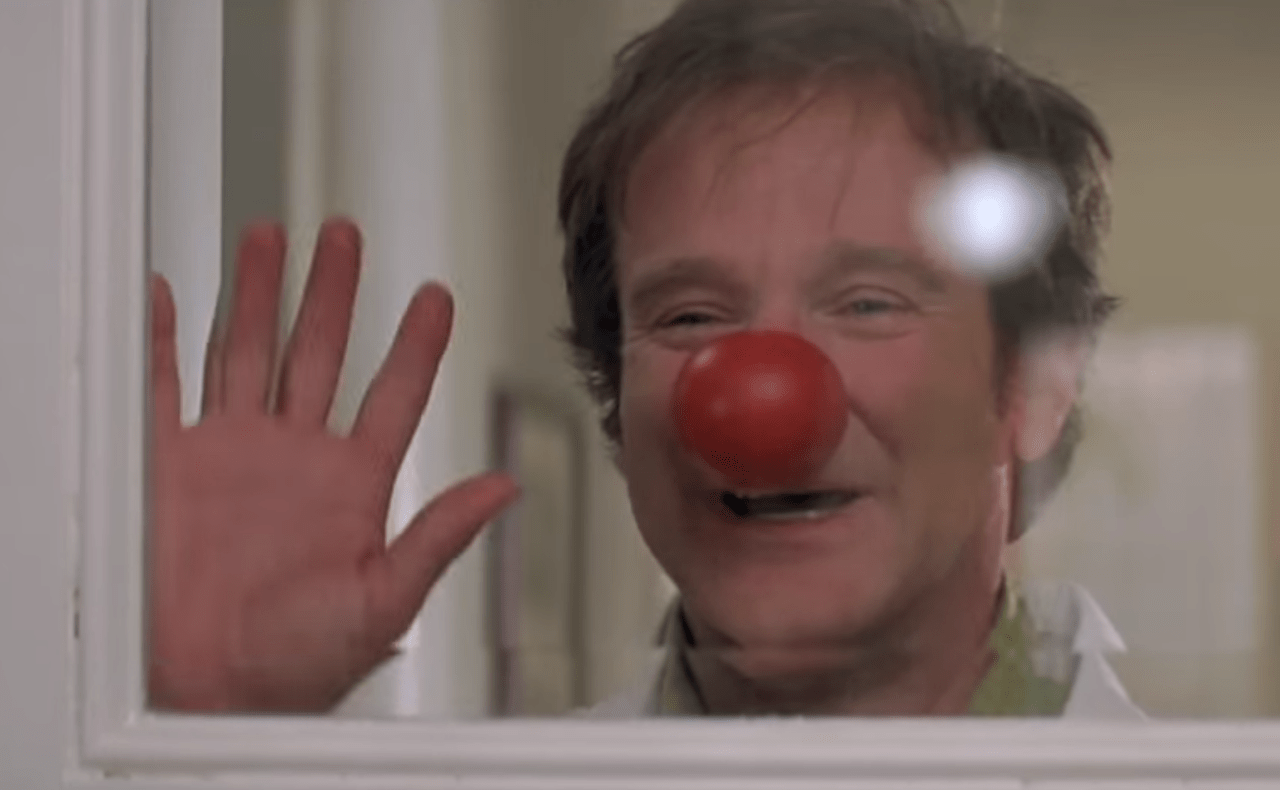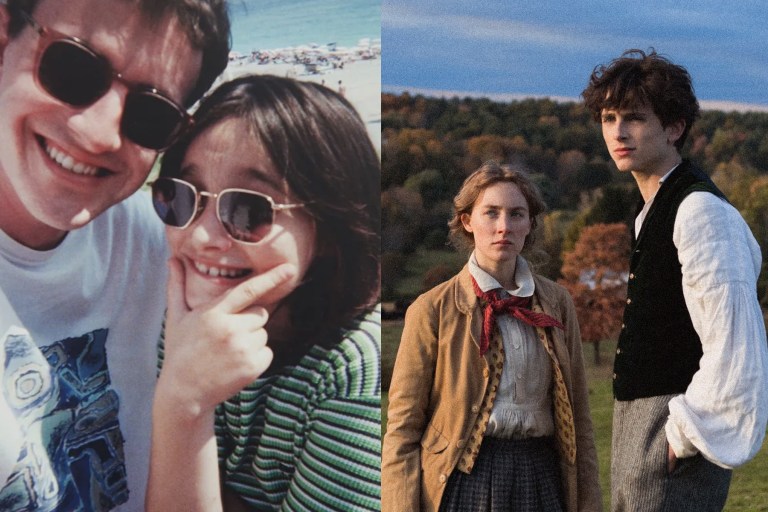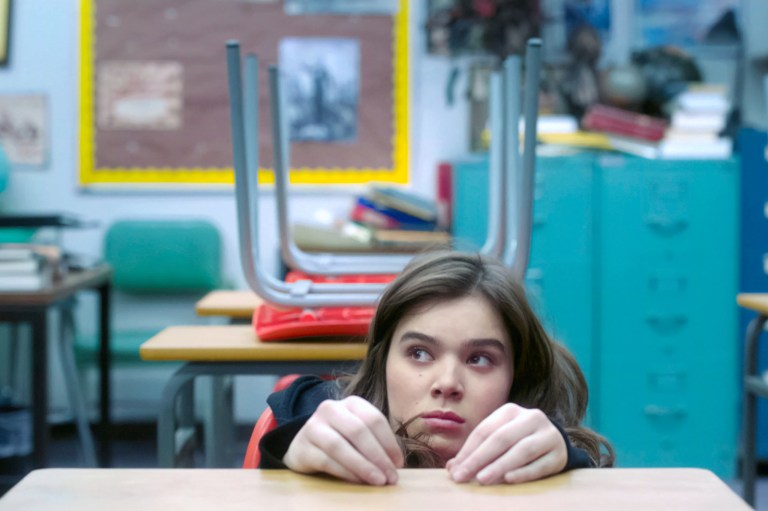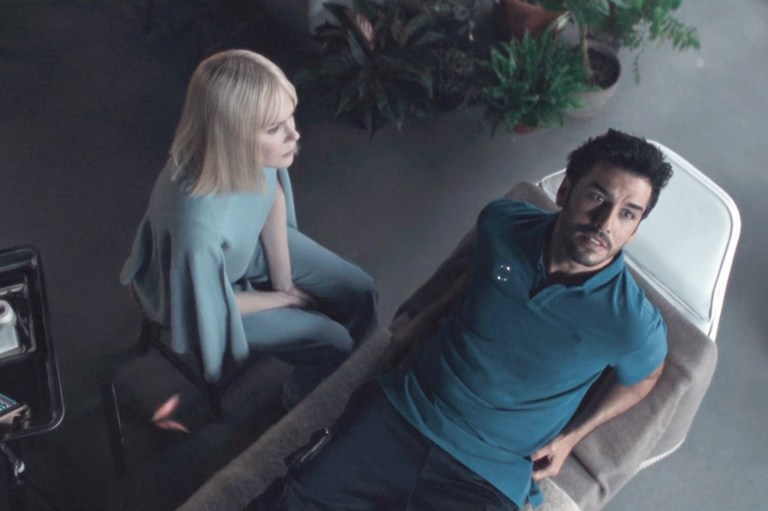
We Cannot Begin To Understand The Level Of Robin Williams’ Depression If We Do Not Understand Depression In General
We’re gutted by the loss of this incredible and gifted person. But we’re gutted even further by the possible cause of death: suicide.
I don’t usually cry over celebrity deaths, but yesterday I was in tears. For hours, I would vacillate between my everyday life and holding my head in my hands. Today, just thinking about it for any length of time makes my eyes well up and my lower lip quiver. I doubt I’ll get through the day without at least one more crying session.
For those of us who grew up in the 80s and 90s, he was the voice of the Genie in Aladdin, the board game adventurer in Jumanji, the cross-dressing father in Mrs. Doubtfire, the grown-up Peter Pan in Hook. If you grew up in an earlier decade, he was also Mork, the tongue-in-cheek alien from Mork & Mindy. When we got older, we discovered the hilariously crude stand-up comedian side of Robin Williams, and suddenly he became that comic we would constantly quote to and with our friends. For many of us, we also discovered the poignant and heartfelt side of Robin Williams in Dead Poets Society, Good Will Hunting, and Good Morning Vietnam. He had a presence in our lives that could rival some family members. And we have been mourning like we just lost our favorite uncle ever since we found out the news.
We’re gutted by the loss of this incredible and gifted person. But we’re gutted even further by the possible cause of death: suicide. For most of us, this complicates an already complicated and bewildering situation.
I’ve been there before. I was 16 when I dealt with my first suicide death. I remember being blindsided by the initial news of his death, and later being thrown into a state of shock when I learned that he had taken his own life. I thought so many of the same things that people are thinking today regarding Robin Williams: How could he do such thing? Didn’t he know how loved he was? Didn’t he know how many people looked up to him and admired him – and how many people would be devastated if he was gone? The thoughts ranged from shocked to mournful to angry; they ran the gamut from rational and fair to the polar opposite of the two.
The hardest part in mourning over suicide is that the ability to be angry at the cause of death initially seems impossible. Anger is a normal part of the mourning process, and we typically get to channel it towards what caused the death. A natural disaster. A drunk driver. Disease. A gun-wielding murderer. There’s something we can be mad at. We can say, “Fuck cancer.” We can denounce the hands of the person who took our loved one’s life. What are we to do when the hands responsible for the death of someone you loved are the same hands you mourn over?
We get angry at the victim, only to feel horrendous guilt for feeling such a way towards the very person we miss. We try to rationalize what happened. We try to work out scenarios where this wasn’t the outcome. We put on our little egocentric caps and wonder if there was anything we could’ve done to stop it – as if a time machine and a hug can magically cure depression.
We tip-toe around mental health so much as a society that we forget that depression can be as much of a killer as any other type of illness in the body. Most of us will be lucky to never have to deal with depression so severe that we imagine taking our own lives. Some of us won’t.
As a society, we get so frustrated with mental health disorders, as if people should be able to overcome the chemical imbalances they have no control over. We secretly (or not-so-secretly) wish they’d “get over it.” But what people don’t get is that depression doesn’t care. The same way cancer doesn’t care if you could fill an arena with people who love and respect and admire you. The same way autoimmune diseases do not care if you have a positive outlook on life. The same way ALS doesn’t care if you once went jogging or watched a sunrise every morning to cheer yourself up.
But we don’t treat mental health problems the same way we treat physical health problems. Perhaps it is because there are few things as frightening as losing control over your own brain. We can handle a lung or a lymph node or even our white blood cells betraying us. But we cannot handle our own mind leading us astray.
There is only one thing I can ask of you – and I’m not even going to ask it. I’m going to beg it. I beg of you to not change how you feel about Robin Williams because he didn’t die of a heart attack or a car accident. I beg of you to recognize that depression can be as much of a killer as any physical ailment that we have no problem seeing a doctor and seeking treatment for. I beg of you to recognize that we still have such a long way to go in terms of understanding depression and even farther to go in removing the stigma so that more people who desperately need help can get it. I beg of you to increase your awareness and understanding of a disease that we willfully stay ignorant of.
I’m not asking you to dump a bucket of ice water over your head. But I am asking you to keep those battling depression in your hearts. ![]()











